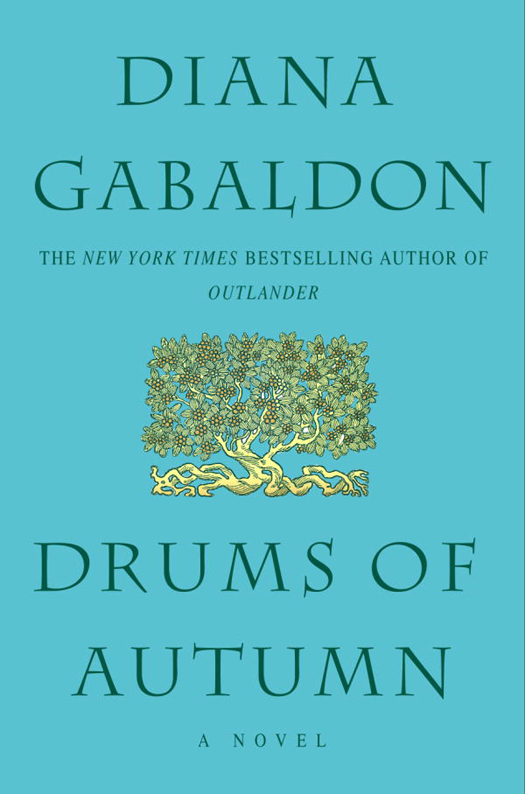**Spoiler Alert: If you have not read Drums of Autumn, it is best to skip this post!***
Outlander and all of those books in the series don’t always focus on the happy things that happen in life. If you have already seen seasons one through three, you know this. If you are a book reader, there is at least one more controversial (at least in this day and age) event coming this season, and Ronald D. Moore, Maril Davis, and Matthew B. Roberts addressed this during an interview with The Hollywood Reporter at the recent FYC panel in LA last week. The event which is being referred to is the rape of Brianna Randall.
“We’ve always been guided by that principle,” Moore told THR at a recent Emmy event to support the show. “We have a history of it with the show itself, [so the question becomes] how much of this material is in the show, when do we do it, when do we decide not to do it and why are we making that choice. You have to approach it on a case-by-case basis and this is obviously a big story point, so it wasn’t really an option not to do it. It’s more a question of how you’re going to do it and what it meant to that story in how you presented it.”
“As in everything we do with this show, like Jamie’s rape in season one, we’re not trying to ever be gratuitous,” executive producer Maril Davis tells THR. “We’re trying to depict things as they really happened in that time. Every scene moving forward, we’re trying to do something where you understand why the character is struggling so much but not doing it in a gratuitous way.”
“We’re sensitive to what’s going on in this time right now, but we’re also filming something that’s a historical piece,” Davis says. “So we’re trying to do that with both hats on.”
Executive producer Matt B. Roberts stressed that the series is not trying to be political but instead be true to the historical period that the show is intent on exploring. “If we’re trying to make a political statement within the show, then we’ve lost the plot,” he tells THR. “The characters have to be true to themselves and the storylines, and if someone gleans something from that, then that’s an individual gleaning something from it. But we don’t set out in the writers room to make a political statement about any character or any movement or anything.”
That’s the biggest challenge Roberts says the staff faces when bringing the books to life onscreen. “If you harken back to season one where Jamie spanked Claire, a lot of the criticisms were about domestic violence and abuse,” Roberts says. “But in that time, that wasn’t even a thought. When a modern audience views Outlander through a modern lens, then yes, you can have problems with it. But if you actually place yourself in the period — and we’re not saying that rape was OK in that period either — but how the characters view it is how we’re showing it. We’re not showing it how we view it, and that makes a difference.”
As for how the series plans to depict the Bree/Bonnet rape scene, Roberts stressed the thematic importance of the story. “We won’t be handling [it] in the exact same way that we always have,” he says. “In a way, it tells a lot about the period that we’re in and the place that we’re in. We wanted this to tell story and for the theme of the whole season, not just for this moment.”
There are additional quotes from executive producer/writer Toni Graphia on the subject in the article.
Source: THR
